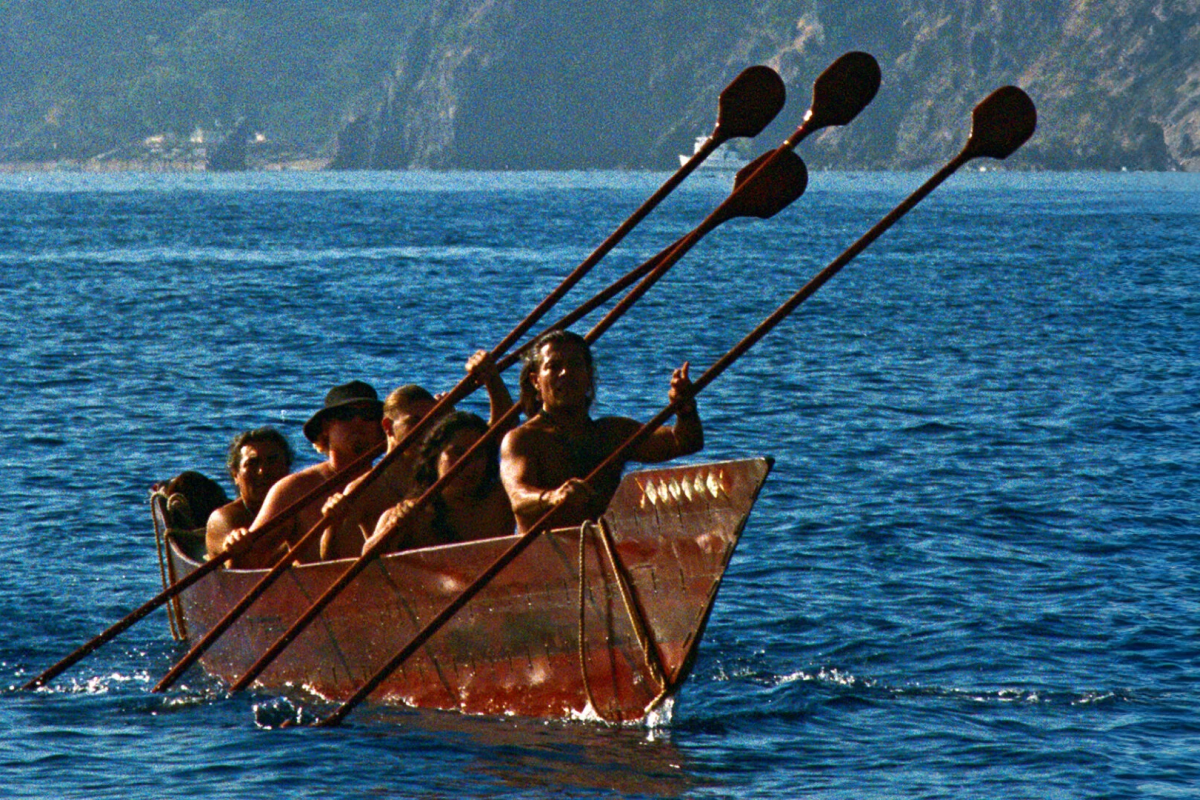The Tongva tribe, the original inhabitants of Los Angeles and Orange Counties and the Southern Channel Islands off California’s coast, faced cultural erasure during colonial times as Spanish settlers moved into the area. The Tongva lost many of their traditions, including sustainable living practices that could be valuable today.
A grant from the Library of Congress to researchers at the USC Dornsife College of Letters, Arts and Sciences aims to broaden understanding of the tribe’s sustainable practices while restoring knowledge and understanding of the Tongva’s ancient customs and culture.
Why it matters: Preserving Native American traditions is key to understanding California history, and raising awareness of Indigenous ecological knowledge could help safeguard oceans and foster sustainability, especially as the planet confronts climate change.
In her words: “This is an effort to reclaim a chapter of California’s history that has been lost,” said archaeologist Lynn Dodd, professor of religion and spatial sciences at USC Dornsife. “It’s like we’re breathing life back into a tradition.”
Dodd secured a $50,000 Library of Congress grant to fund the collaboration between USC scholars and members of the Ti’at Society, which was established to restore a traditional Tongva canoe called a “ti’at” and revive their ancient maritime practices.
- The grant enabled the team to research Tongva artifacts at the Smithsonian Museum of Natural History and National Museum of the American Indian in Washington, D.C.
- USC Libraries, collaborating with the Ti’at Society, will create a digitized archive of Tongva photos, documents, knowledge and memories for the American Folklife Center.
- The Ti’at Society will launch an educational program with workshops on Tongva maritime traditions and boat building at AltaSea, an ocean research center located in the Port of Los Angeles.
